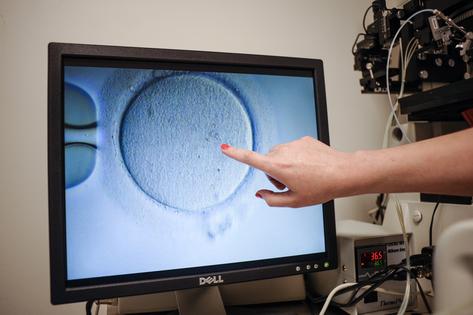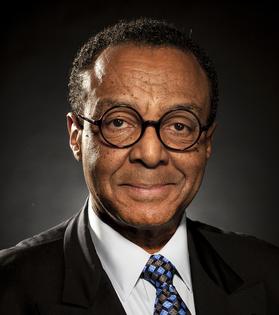Frozen Embryos Are People? In the World of Politics, at Least
An Alabama Supreme Court ruling that frozen embryos are “children” offers a sad example of the age-old law of unintended consequences.
Instead of simply protecting the developing life of the embryos to help childless couples become parents, the court’s move throws the procedure’s future — and the national abortion debate — into a state of confusion.
Immediately after the ruling was handed down on Thursday, health care providers in the state suspended in vitro fertilization services out of fear that embryos could be destroyed, even if only by accident.
In a decision that rattled the reproductive rights debate, a majority of the justices ruled that state law clearly declared that “unborn children are ‘children.’ ”
Particularly dramatic were the words of the court’s very conservative chief justice, Tom Parker, for whom the Constitution and legal precedent were not enough to explain his reasoning.
Nor was there any presumption of a separation between church and state in his opinion, which invoked Bible passages and the writings of 16th- and 17th-century theologians.
“Human life cannot be wrongfully destroyed without incurring the wrath of a holy God,” he wrote.
“Even before birth,” he added, “all human beings have the image of God, and their lives cannot be destroyed without effacing his glory.”
That’s lofty and sweeping rhetoric for a case that centers on wrongful-death claims for frozen embryos that reportedly were destroyed in a mishap at a fertility clinic.
But Parker’s sermonizing showed why he has received reverential respect in conservative legal and anti-abortion circles, accompanied by criticism from his left that he often sounds more like he is guided by religious doctrine than the law.
In a presidential election year when that “old-time religion” of which we sang in Sunday school seems to be encroaching on what used to be the scrupulously secular circles of politics, Christian fundamentalism is now a frequent topic in Washington debates. Theocracy, anyone?
Even by the standards of Bible Belt conservatives, the Alabama Supremes’ statement that embryos are equivalent to children hit many political figures by surprise.
Alabama Republican Sen. Tommy Tuberville’s reaction sounded like he was trying to come down on both sides, telling reporters he is “all for” the decision but quickly adding, “We need more kids.”
Yup, that’s the dilemma a lot of folks have rolling around in their heads. Everybody likes kids, generally speaking, but everybody also likes freedom.
What makes the abortion issue so vexing and volatile is its inherent contradiction between two cherished human values: choice and life. Hitting that sweet spot between those values is particularly tricky these days, since the U.S. Supreme Court’s overturning of Roe v. Wade sent the abortion debate back to the states.
So far, every post-Roe state referendum has upheld the right to choose, even in conservative states. Even former President Donald Trump seems to have quieted his boasts about appointing the Supreme Court justices who provided the margin in overturning Roe, offering a new example of the old warnings about being careful what you ask for.
After remaining uncharacteristically quiet on the IVF uproar until Friday afternoon, Trump posted on his Truth Social platform that the GOP should be “on the side of Mothers, Fathers, and their Beautiful Babies.”
“IVF is an important part of that,” he added.
Trump called on the Alabama legislature to act “quickly to find an immediate solution to preserve the availability of IVF in Alabama.”
He prudently avoided saying precisely what that solution might look like. His Republican challenger Nikki Haley earlier sided with the Alabama Supremes, defending the notion that “embryos, to me, are babies. … That’s a life.”
And that’s a position, unscientific as it may be, that probably won’t get her in trouble with conservative Republicans.
=========
(E-mail Clarence Page at cpage@chicagotribune.com.)
©2024 Clarence Page. Distributed by Tribune Content Agency, LLC.
(c) 2024 CLARENCE PAGE DISTRIBUTED BY TRIBUNE MEDIA SERVICES, INC.



























Comments